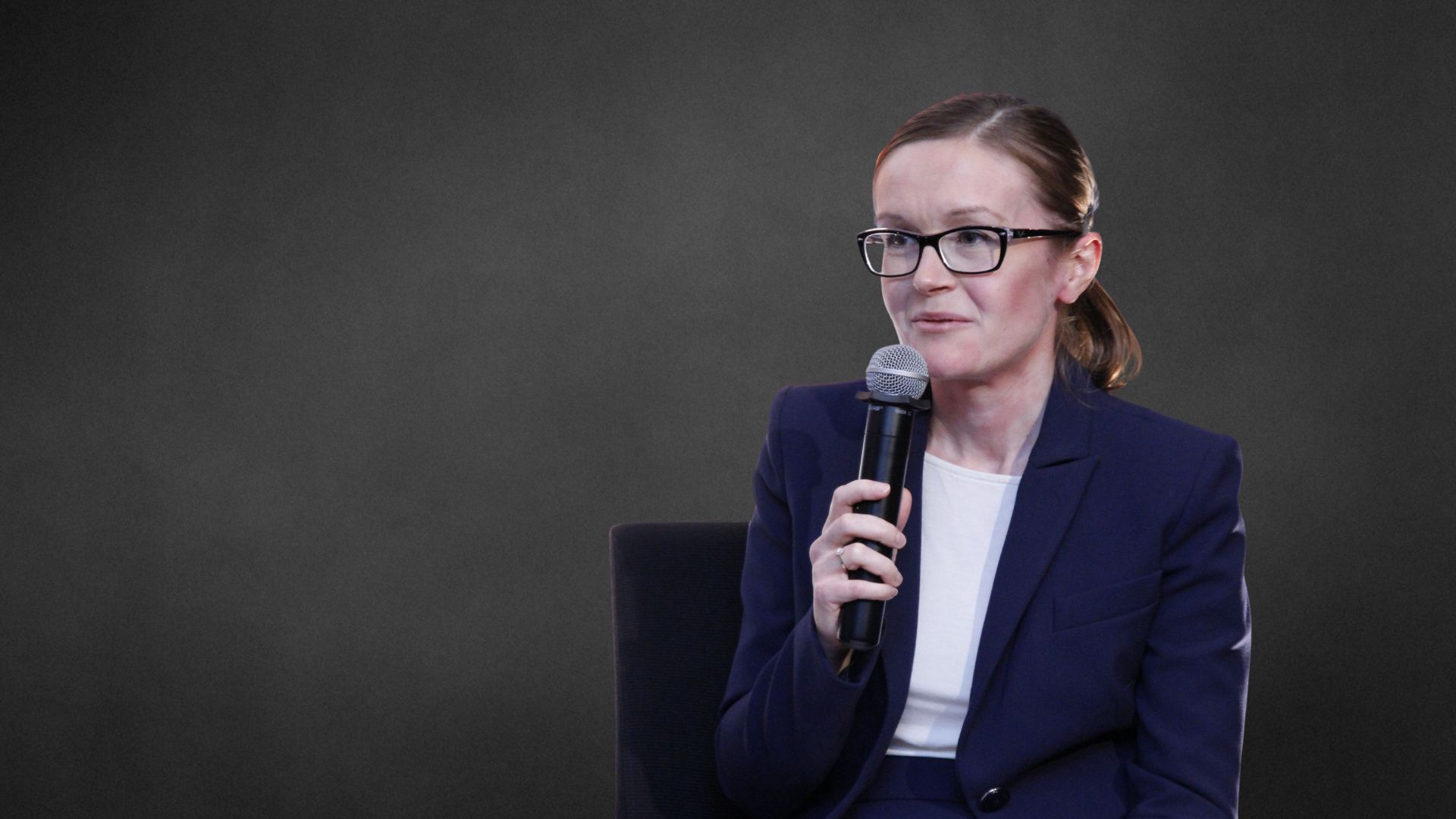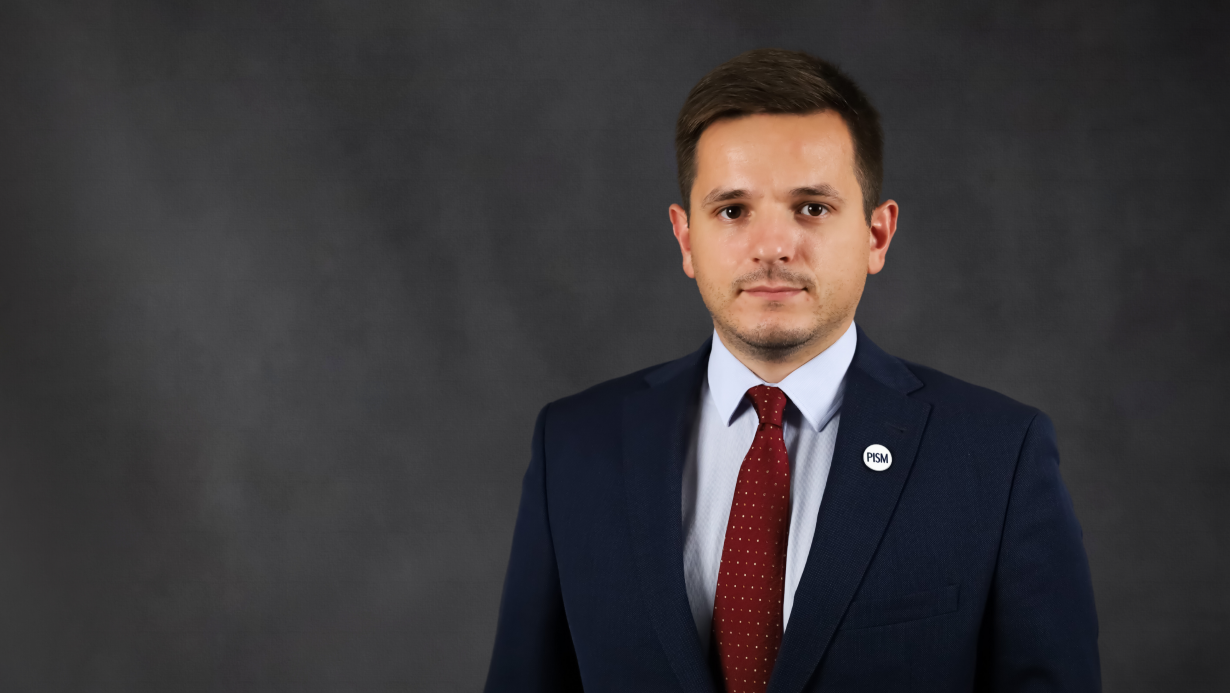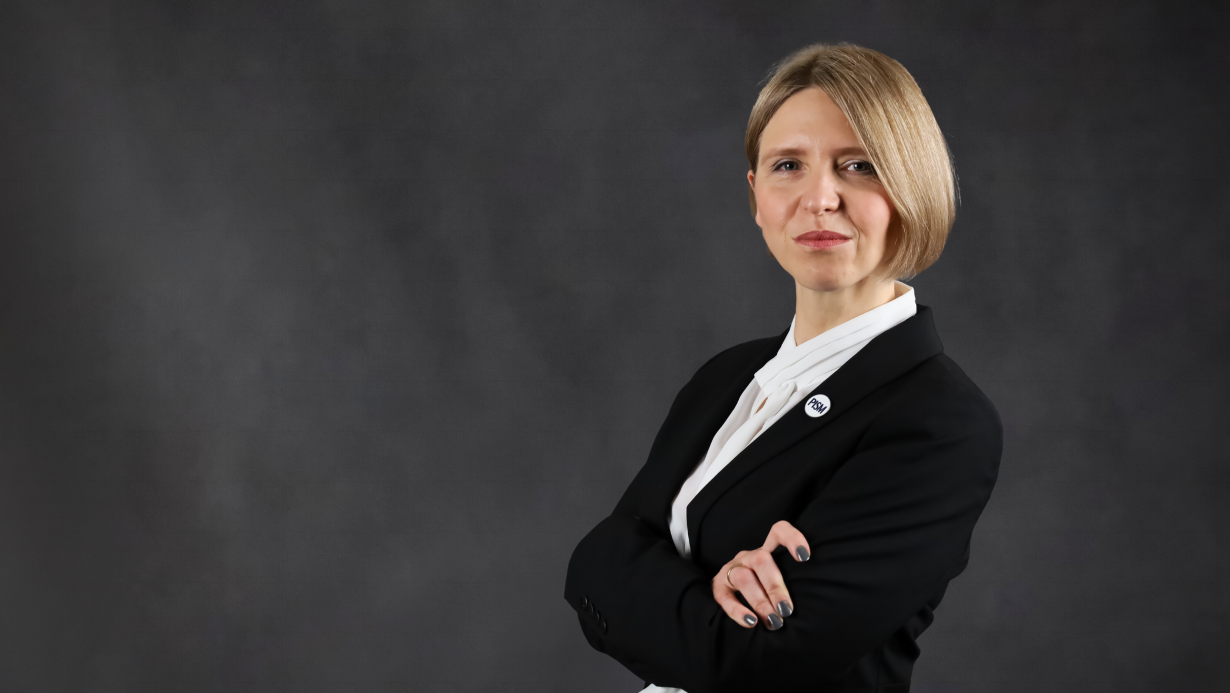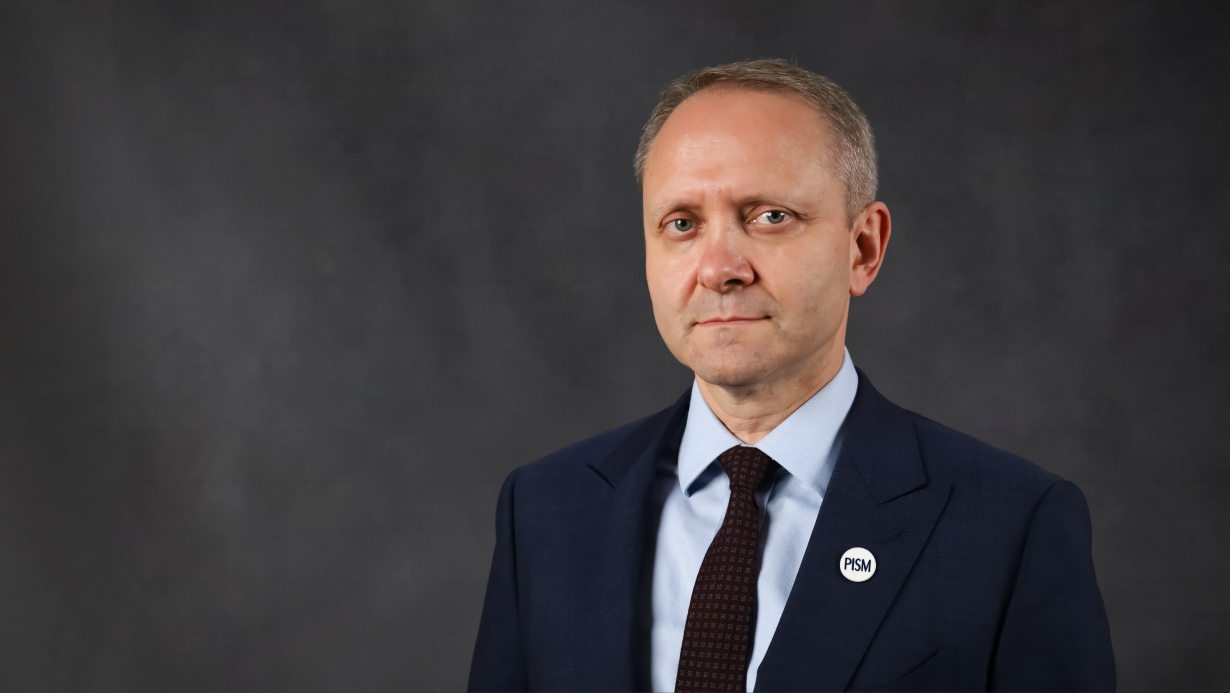Point of no Return? The Transformation of the Global Order after the Russian Invasion of Ukraine
The recent PISM Report is an attempt to answer questions about the scope, nature, and significance of the changes in the international system, which were induced – or catalysed – by Russia’s February 2022 full-scale invasion of Ukraine. Experts of PISM explain, how the war has brought fundamental changes to NATO and the EU, set out new perspectives on Russia and Ukraine, transformed thinking about Europe’s future security architecture and energy policy, and sealed the changes that have been taking place for some time in the policies of China and the countries of the Global South.
(2).png) PISM
PISM
The day everything changed, a critical moment, a turning point in history—this is how many commentators have described the 24th of February 2022. The day of the massive Russian invasion of Ukraine became not only the nominal date of the beginning of a full-scale war but also symbolic of a fundamental change in the international order comparable to 1 September 1939, 9 November 1989, or 11 September 2001.
But is it really the case that nothing will be the same in international relations after 24 February 2022? For many non-Europeans, the Russian-Ukrainian war remains a regional one, with limited consequences for other parts of the world. Some experts view the events of 24 February 2022 not as a singular turning point in history, but rather as the next stage of a war waged by Russia against Ukraine, or against the West, that had begun much earlier.
Experts of the Polish Institute of International Affairs attempt to answer questions about the scope, nature, and significance of the changes in the international system that were triggered or amplified by Russia’s February 2022 invasion of Ukraine. Central in their approach is the distinction between the reaction of states and international organisations to the war and a change, understood as a profound and difficult to-reverse transformation of the conceptual framework of conducting policy, resulting in a significant and implemented (as opposed to announced) modification of foreign, security, economic or domestic policy. Documenting this change is the focus of the authors of this report. We hope that the analyses and projections contained in this collection of essays will provide a starting point for discussion and polemics.
Wojciech Lorenz, Re-Building European Security: Against Russia, Not with It
Elżbieta Kaca, Aleksandra Kozioł, Unexpected Metamorphosis: EU Embarks on an Ambitious Policy in its Eastern Neighbourhood
Artur Kacprzyk, NATO Returns to Forward Defence from Russia
Zuzanna Nowak, Goodbye Russia! The Emancipation of European Energy
Maria Piechowska, The New Ukraine and Homo Ucrainensis
Agnieszka Legucka, Russia Turns Its Back on the West
Marcin Przychodniak, China: End of Illusions and Confrontation with the West
Patrick Kugiel, Emancipation of the Global South
Marcin Terlikowski, No change? The U.S. Focus on China and American Policy on Russia










